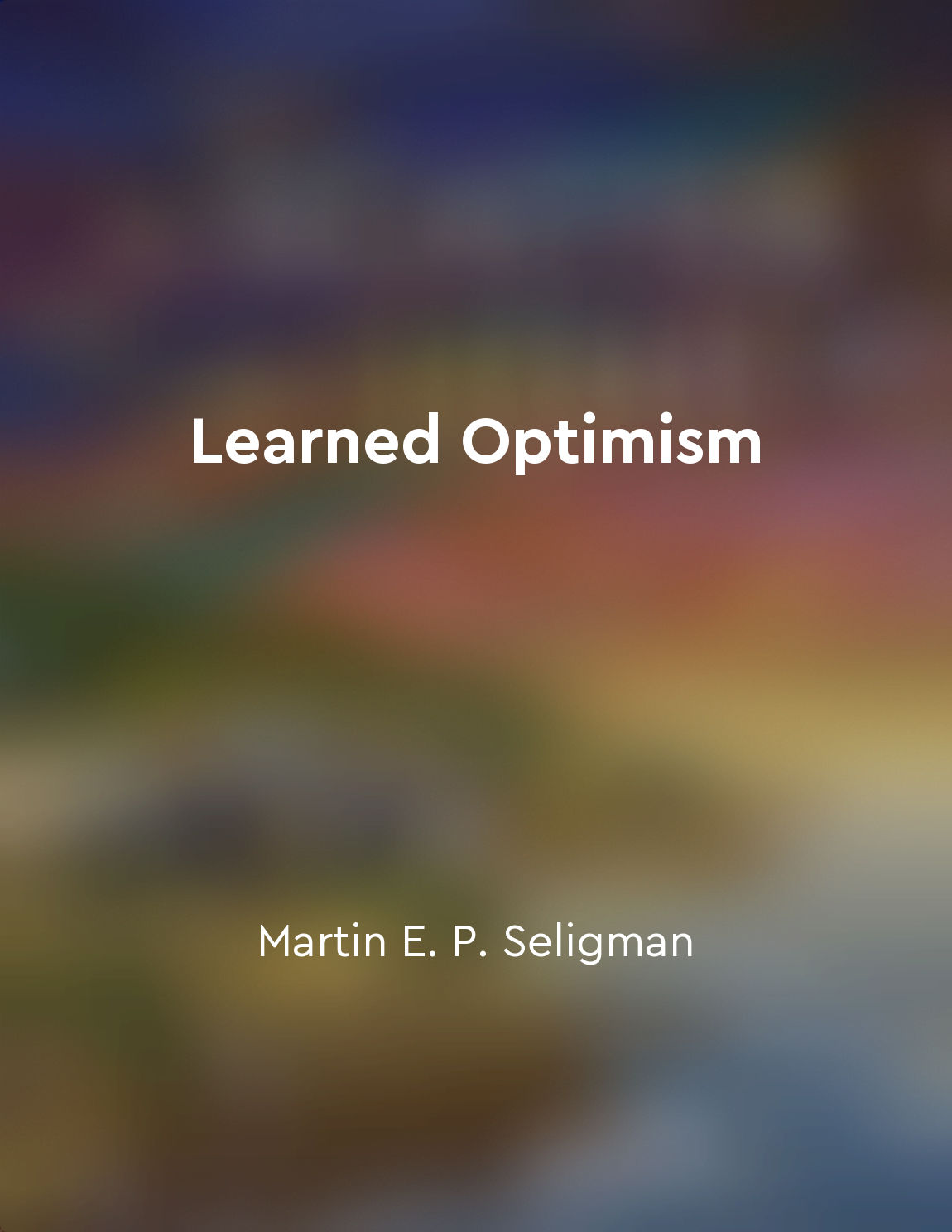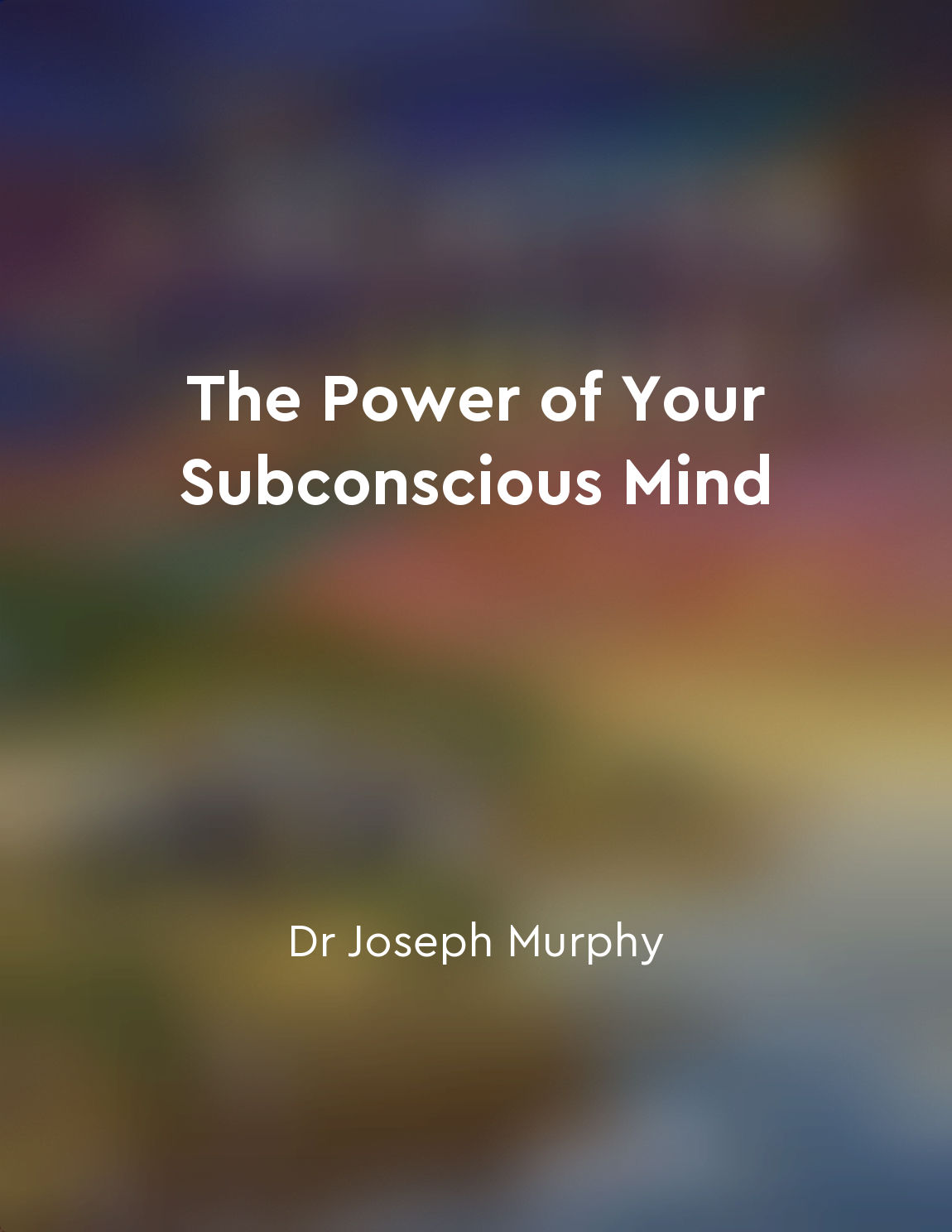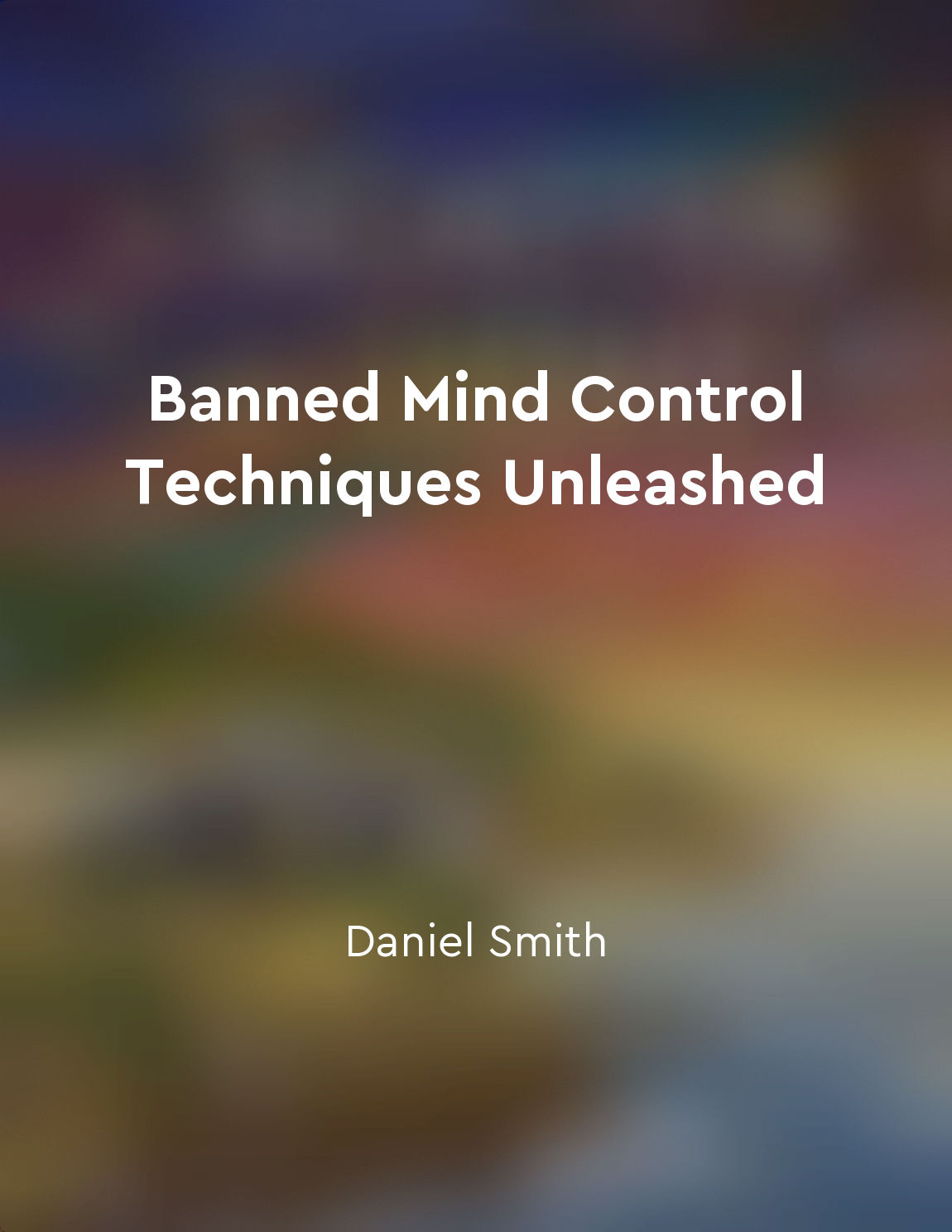Cognitive distortions can negatively impact our emotions from "summary" of Feeling Good by David D. Burns
In essence, cognitive distortions are like optical illusions of the mind. They are automatic, habitual ways of thinking that are usually inaccurate and negatively biased. When we fall prey to these distortions, we start seeing the world through a distorted lens, which in turn affects our emotions. Our mood can take a nosedive as a result of these distorted thoughts, leading to feelings of sadness, anxiety, or anger. Take the example of "All-or-Nothing Thinking", where we see things in black-and-white terms without any shades of gray. This distortion can make us feel like failures even when we have achieved some level of success. Similarly, "Mind Reading" involves assuming that we know what others are thinking without any concrete evidence, leading to feelings of insecurity or resentment. "Catastrophizing" is another common distortion where we blow things out of proportion, imagining the worst-case scenarios and feeling overwhelmed by fear or despair. These cognitive distortions not only impact our emotions but also influence our behavior. For instance, if we believe in the distortion of "Emotional Reasoning" - thinking that if we feel a certain way, it must be true - we may avoid situations that trigger negative emotions, even if they are necessary for our growth. Distortions like "Should Statements" can create a sense of guilt or self-criticism, making us feel inadequate or unworthy. The key to breaking free from these cognitive distortions lies in recognizing them for what they are - faulty ways of thinking that do not reflect reality accurately. By challenging these distortions with evidence and alternative perspectives, we can start to shift our mindset towards a more balanced and rational view of the world. This cognitive restructuring process is a powerful tool for improving our emotional well-being and breaking free from the grip of negative thinking patterns. By learning to identify and correct these distortions, we can regain control over our emotions and lead a more fulfilling life.Similar Posts
Authenticity is the key to attracting the right people into your life
In the realm of relationships, authenticity reigns supreme. It is the foundation upon which genuine connections are built. When...

Developing a sense of optimism can lead to improved mental and emotional wellbeing
Developing a sense of optimism is crucial for improving our mental and emotional wellbeing. When we view setbacks as temporary ...
Avoid negative thoughts and emotions
It is essential to understand the power of your thoughts and emotions on your subconscious mind. Negative thoughts and emotions...
Building a support network is encouraged in therapy
In therapy, it is important for individuals to build a support network to help them navigate through their challenges and diffi...
Brain plasticity and mental training
The concept of brain plasticity and mental training is a fascinating area of study that has gained increasing attention in rece...

Letting go of negative beliefs can open the door to subconscious transformation
When you let go of negative beliefs, you are essentially removing mental blocks that have been holding you back. These beliefs ...

Dark psychology techniques can be used to emotionally manipulate others
Dark psychology techniques are powerful tools that can be used to manipulate others emotionally. These techniques can be employ...

Manipulation can happen in various settings
Manipulation is a potent force that can influence individuals in a multitude of settings. It is not confined to just one place ...
Declutter your mind for better focus
To achieve better focus, it is important to declutter your mind. Imagine your mind as a room filled with a jumble of items scat...
Trust in the process of transformation
Trusting in the process of transformation is essential for anyone seeking to break free from their old habits and patterns and ...

